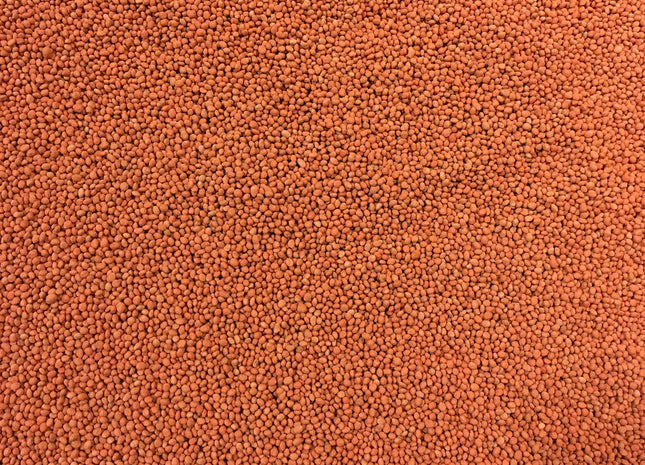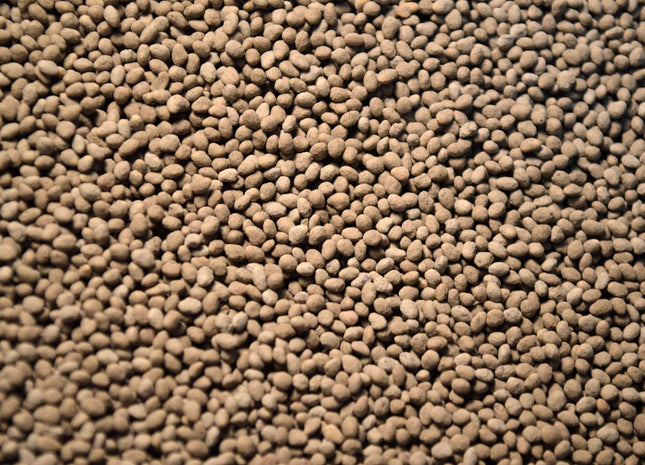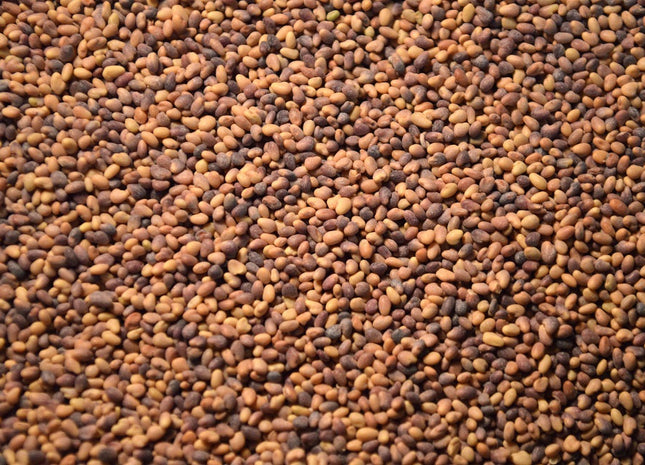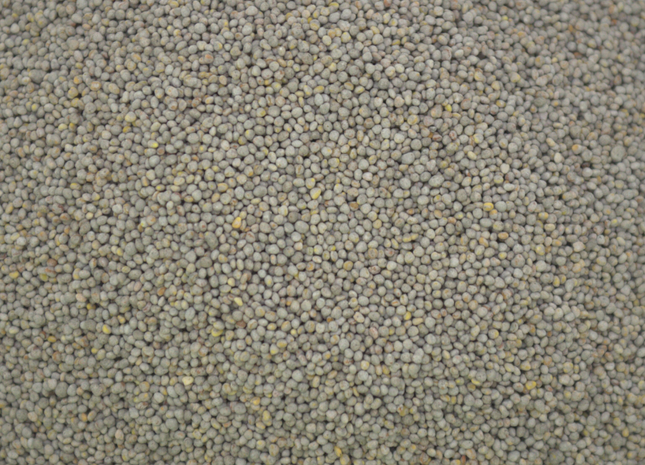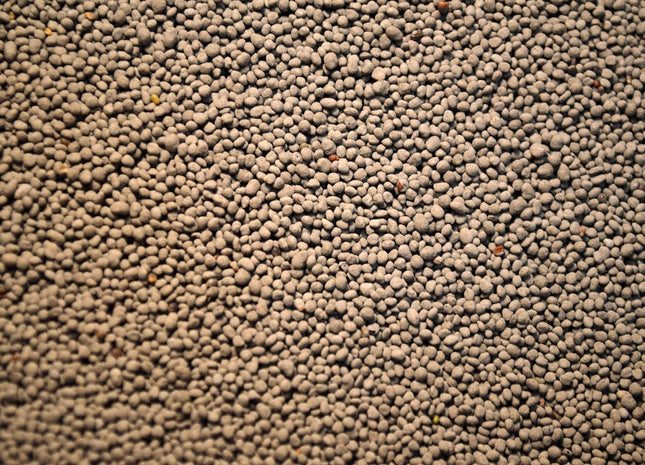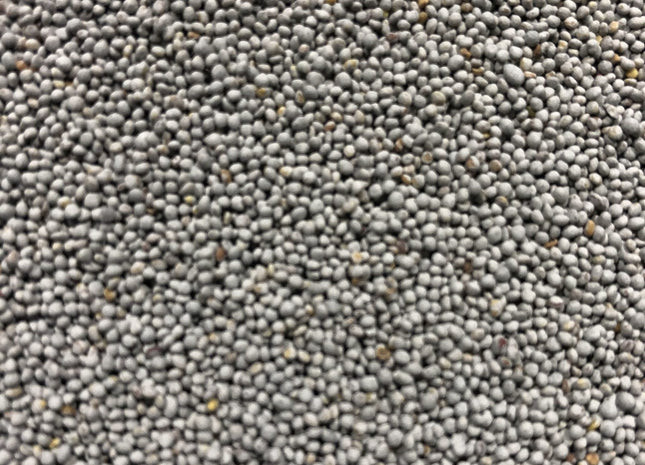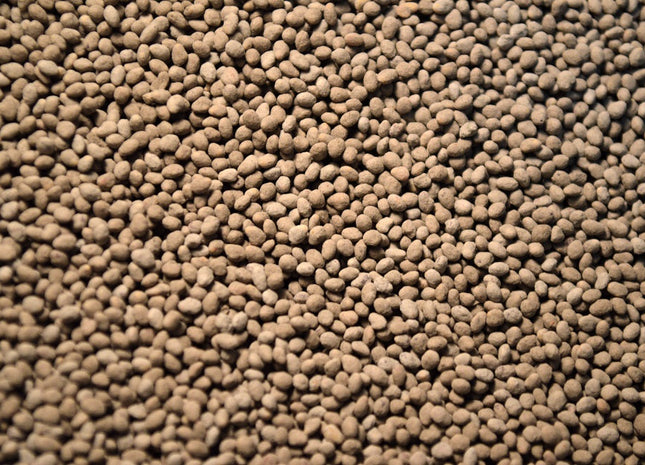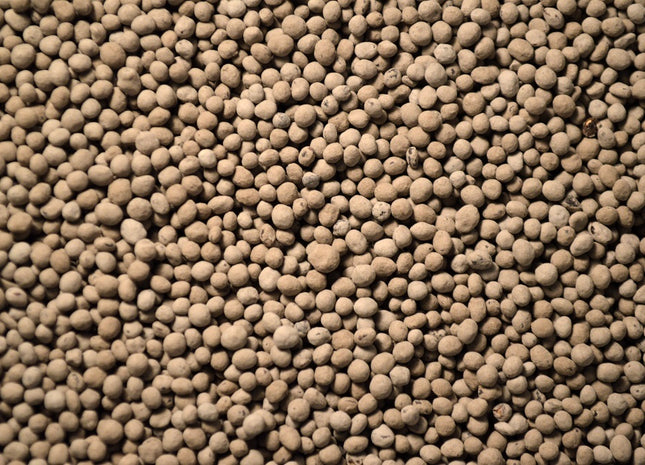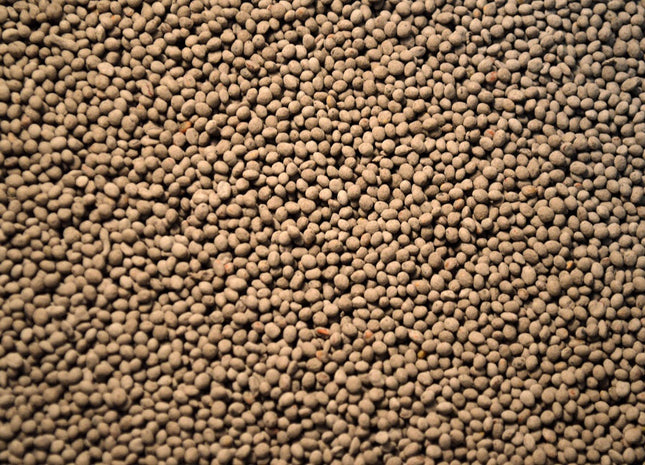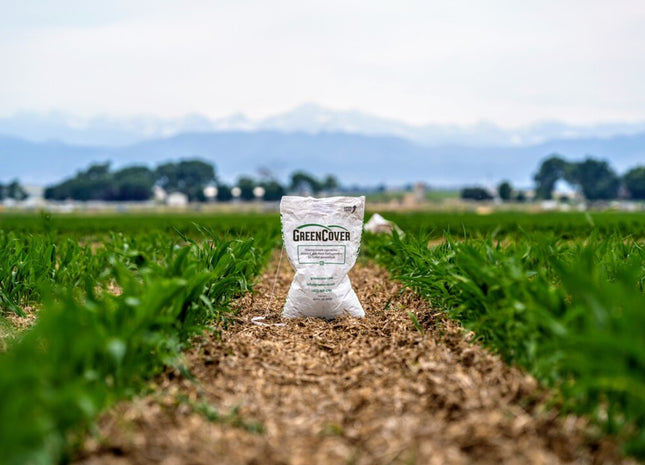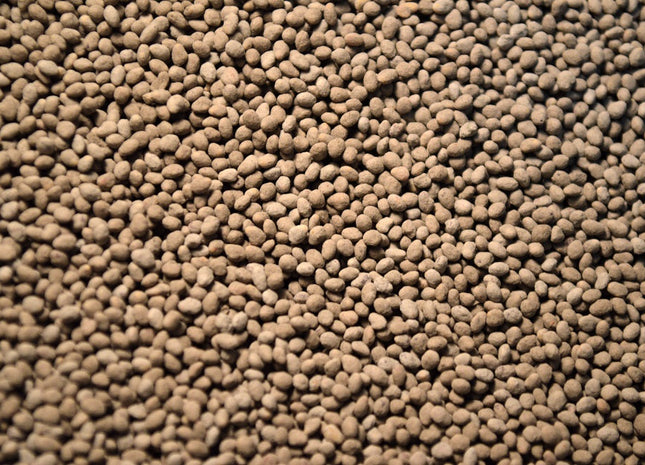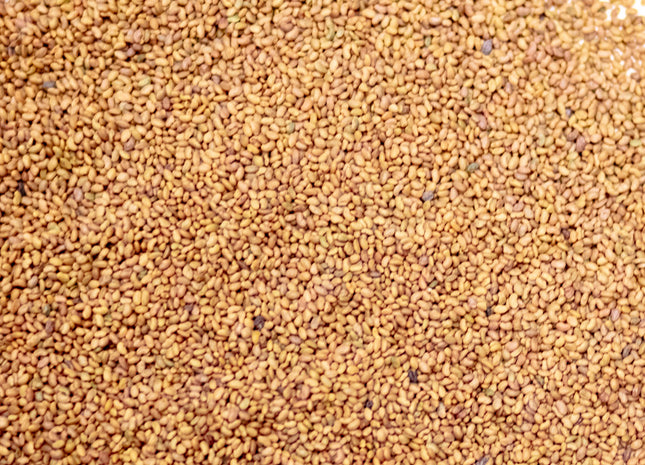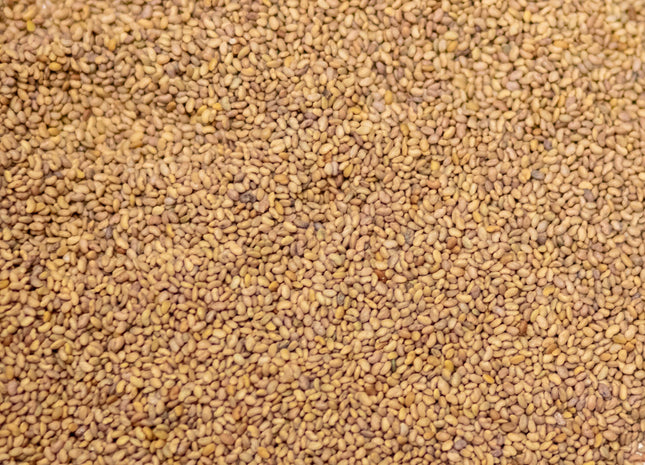Legumes

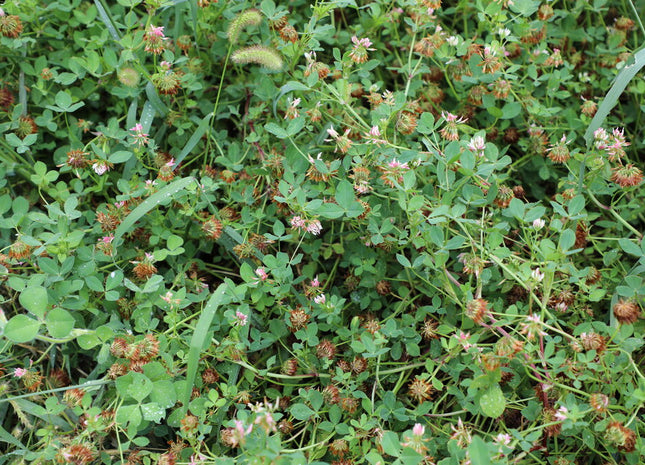
Balansa Clover (Fixation)- OMRI Inoculated
FIXation balansa clover is the most cold-tolerant annual clover, surviving temperatures as low as -15. Where it does overwinter, FIXation is capable of growing over 200 lbs of nitrogen biomass and it even has a hollow stem making it an option for roller crimping. This can also be used for a high yielding, high protein feed before transitioning to the next summer crop. To have the best chance at winter survivability, plant earlier than other overwintering species. For more information on FIXation balansa clover, visit https://fixationclover.com.
from $2.95 per lb

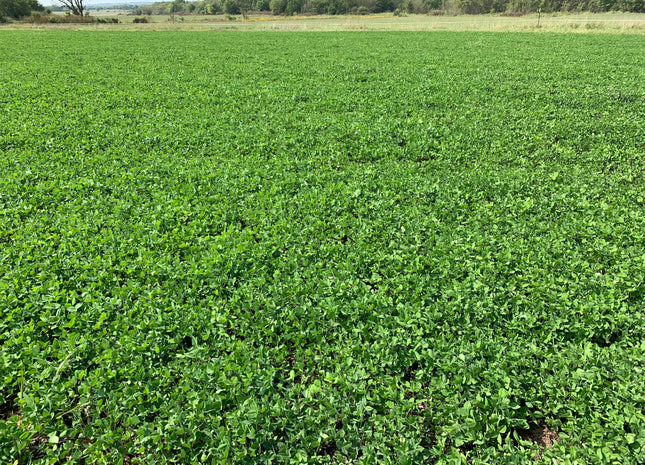
Red Clover (Medium) - OMRI Inoculated
With similar forage yields, crude protein and better digestibility when compared to alfalfa, red clover can be an excellent forage alternative to add to your operation. You can harvest your first cutting 60-70 days after a spring seeding and on every 30-35 day intervals after initial harvest. With its vigorous spring growth, this clover has the capability of suppressing weeds. Red clover is less invasive than white clover because of its shorter life span and the lack of rhizome or stolon rooting structures. It's deep taproot can extend up to 3ft into the soil profile and finer rooting structure in the top 5" can really aid in breaking up compacted soils. Red clover flowers are known to attract many pollinator and beneficial insect species. If P leaching is a concern, red clover has been observed to leach only 1/3-1/5 the amount of P as ryegrass or radishes.
from $3.00 per lb

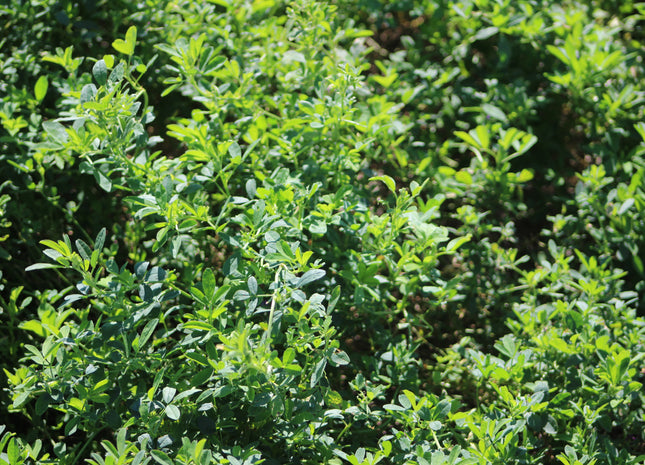
Alfalfa (Vernal) - OMRI Inoculated
Alfalfa is the most common and most productive perennial legume. It is usually used as a perennial monoculture for hay but at low rates and with good rotational grazing, alfalfa can also be used in pasture mixes to boost diversity and animal performance.
from $3.25 per lb

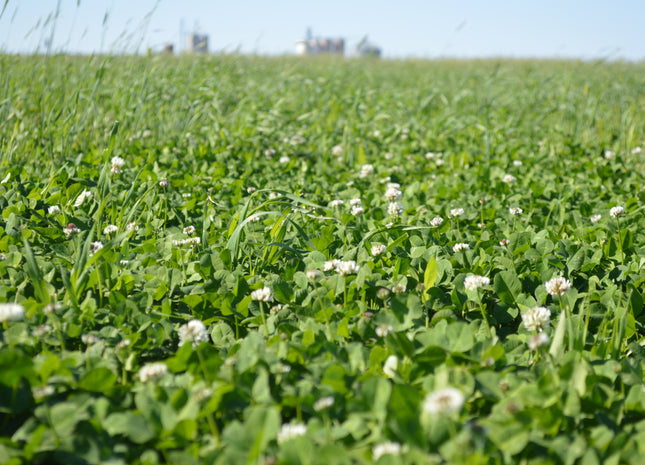
White Clover (Stamina Intermediate) - OMRI Inoculated
White Clover is an excellent choice for a perennial clover. The Stamina variety was developed to be more heat and drought tolerant than most other white clovers. Being a legume this plant can cause bloat, but rarely when it is in a mix with grasses. White clover is also a great choice for areas that have saturated soils.
from $6.05 per lb
- Out of Stock

Alsike Clover - OMRI Inoculated
Alsike clover is a perennial that thrives in low lying ground. For pastures or meadows with poor drainage and occasional water logging, this would be the first clover to try. Growing 2-4 feet tall with pink flowers, this adds a pollinator attracting and nitrogen fixing species to perennial pasture mixes. It should be considered that alsike clover can be toxic to horses.
from $4.05 per lb

Dutch White Clover - OMRI Exceed Pre-Coat Inoculated
Dutch white clover, a true perennial, is the most widely-grown clover in the United States. White clover is widely adapted and can often live for several years. It can be found growing naturally from the Arctic Circle to all parts of the temperate regions of the world. It is quite tolerant of traffic and a natural spreader. This grazing ability is achieved by its high seed production (reseeding) and an extensive network of creeping stems called stolons. Dutch white clover is extremely tolerant of heavy grazing and shade.
from $4.40 per lb

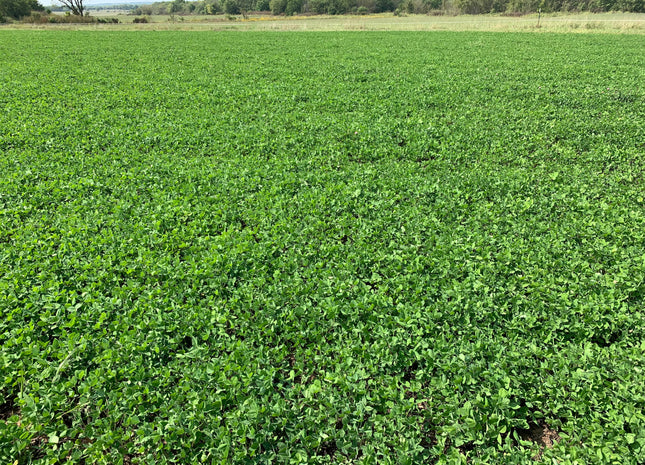
Red Clover (Blaze) - OMRI Inoculated
With similar forage yields, crude protein and better digestibility when compared to alfalfa, red clover can be an excellent forage alternative to add to your operation. You can harvest your first cutting 60-70 days after a spring seeding and on every 30-35 day intervals after initial harvest. With its vigorous spring growth, this clover has the capability of suppressing weeds. Red clover is less invasive than white clover because of its shorter life span and the lack of rhizome or stolon rooting structures. It's deep taproot can extend up to 3ft into the soil profile and finer rooting structure in the top 5" can really aid in breaking up compacted soils. Red clover flowers are known to attract many pollinator and beneficial insect species. If P leaching is a concern, red clover has been observed to leach only 1/3-1/5 the amount of P as ryegrass or radishes. Learn more about Blaze Red Clover here.
from $5.25 per lb

Subterranean Clover
Subterranean clover is an excellent addition to any perennial pasture mix. With it's excellent reseeding ability, even under heavy grazing pressure, this annual clover will persist for many years. The bulk of its growth occurs in mid-spring. It is tolerant of shade and low fertility. Use subterranean clover to add diversity to pastures, for weed suppression in gardens and in any other situation that requires a low growing legume.
from $4.60 per lb

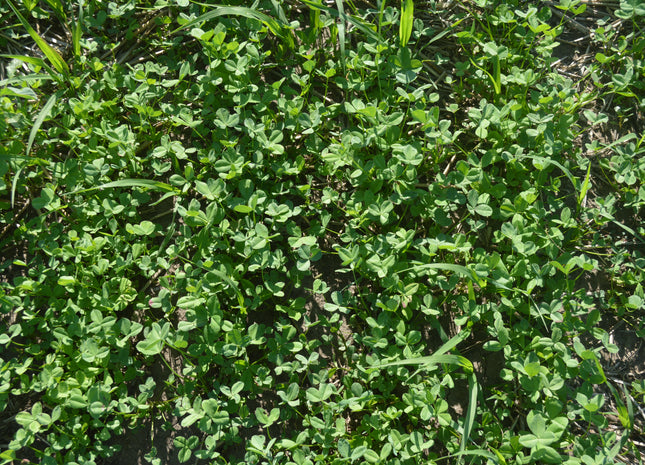
Persian Clover (eNhance) - OMRI Inoculated
Every aspect of this plant supports its reputation for excellent forage quality. Mature stems are soft, hollow and have thin structural plant cell walls, leading it to be more digestible than red clover or alfalfa. Some common forage tests boast CP 16-21% and IVDMD 63-78%. Not to mention, studies have shown persian clover to be more palatable than rape, alfalfa, fescue or perennial ryegrass. High productivity during March through April provides excellent regrowth potential following grazing or the ability to support two spring hay cuttings. Given the right circumstances, one could expect persian clover to naturally reseed and be redistributed by wind/water via its very mobile, light weight, seed pods. Spring flowers are also known to attract flower flies whose larva are a leading predator of aphids. Learn more about eNhance Persian Clover here.
from $3.05 per lb

Aberlasting Kura/White Clover - OMRI Inoculated
Aberlasting clover is a cross between caucasian and white clover. The excellent and high quality forage from the white clover mixed with the persistence under extreme stress conditions from the caucasian clover make a very adaptable and hardy clover.
from $9.83 per lb

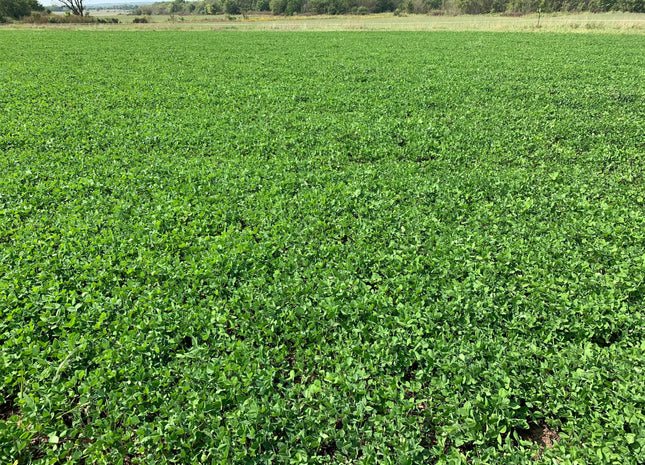
Red Clover (Q Medium) - OMRI Inoculated
With similar forage yields, crude protein and better digestibility when compared to alfalfa, red clover can be an excellent forage alternative to add to your operation. You can harvest your first cutting 60-70 days after a spring seeding and on every 30-35 day intervals after initial harvest. With its vigorous spring growth, this clover has the capability of suppressing weeds. Red clover is less invasive than white clover because of its shorter life span and the lack of rhizome or stolon rooting structures. It's deep taproot can extend up to 3ft into the soil profile and finer rooting structure in the top 5" can really aid in breaking up compacted soils. Red clover flowers are known to attract many pollinator and beneficial insect species. If P leaching is a concern, red clover has been observed to leach only 1/3-1/5 the amount of P as ryegrass or radishes.
from $3.55 per lb

Alfalfa (MVS Majestic) - OMRI Inoculated
Majestic alfalfa is a Mountain View Seed variety bred for quality and yield. This is a great variety to use in areas with a hard pan and/or a high water table as it expresses branch root trait. The sunken crown makes it ideal for grazing situations and areas with harsh winters. Majestic comes with an excellent disease resistance package and is rated 1.5 for winter hardiness and 3.9 for fall dormancy.
from $5.85 per lb

Alfalfa (MVS 4220Q) - OMRI Inoculated
This improved alfalfa variety from Mountain View Seed is bred for superior performance in yield, persistence, and quality. 4220Q is an excellent option for alfalfa growers across the country with high resistance to stem nematode and spotted alfalfa aphid, as well as resistance to pea aphid. This variety has a fall dormancy rating of 4 and a winter hardiness rating of 2.
from $5.85 per lb

